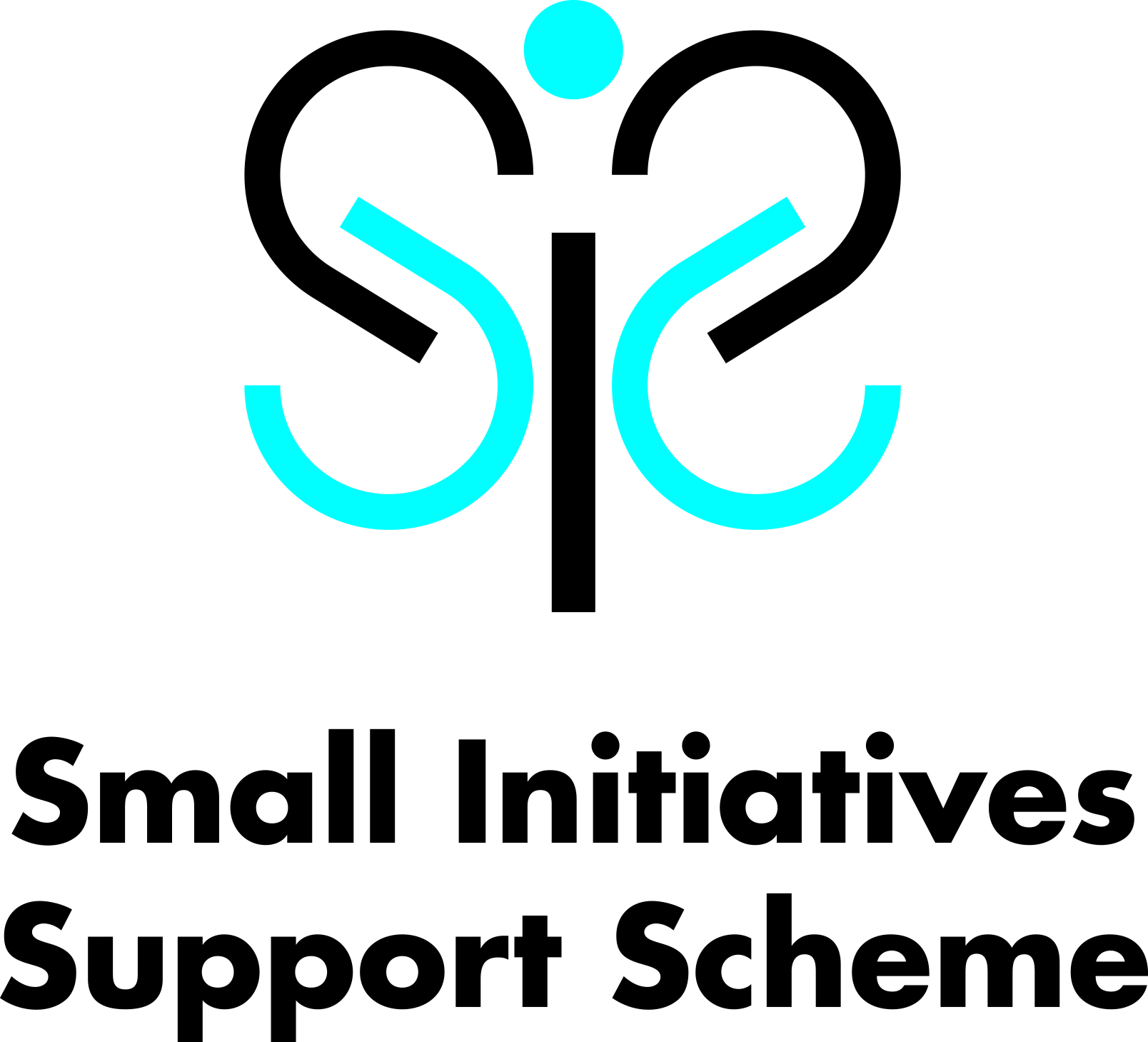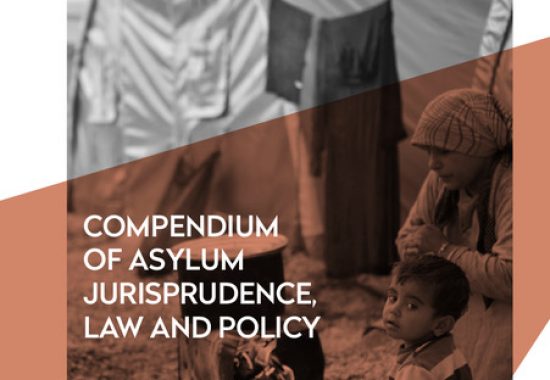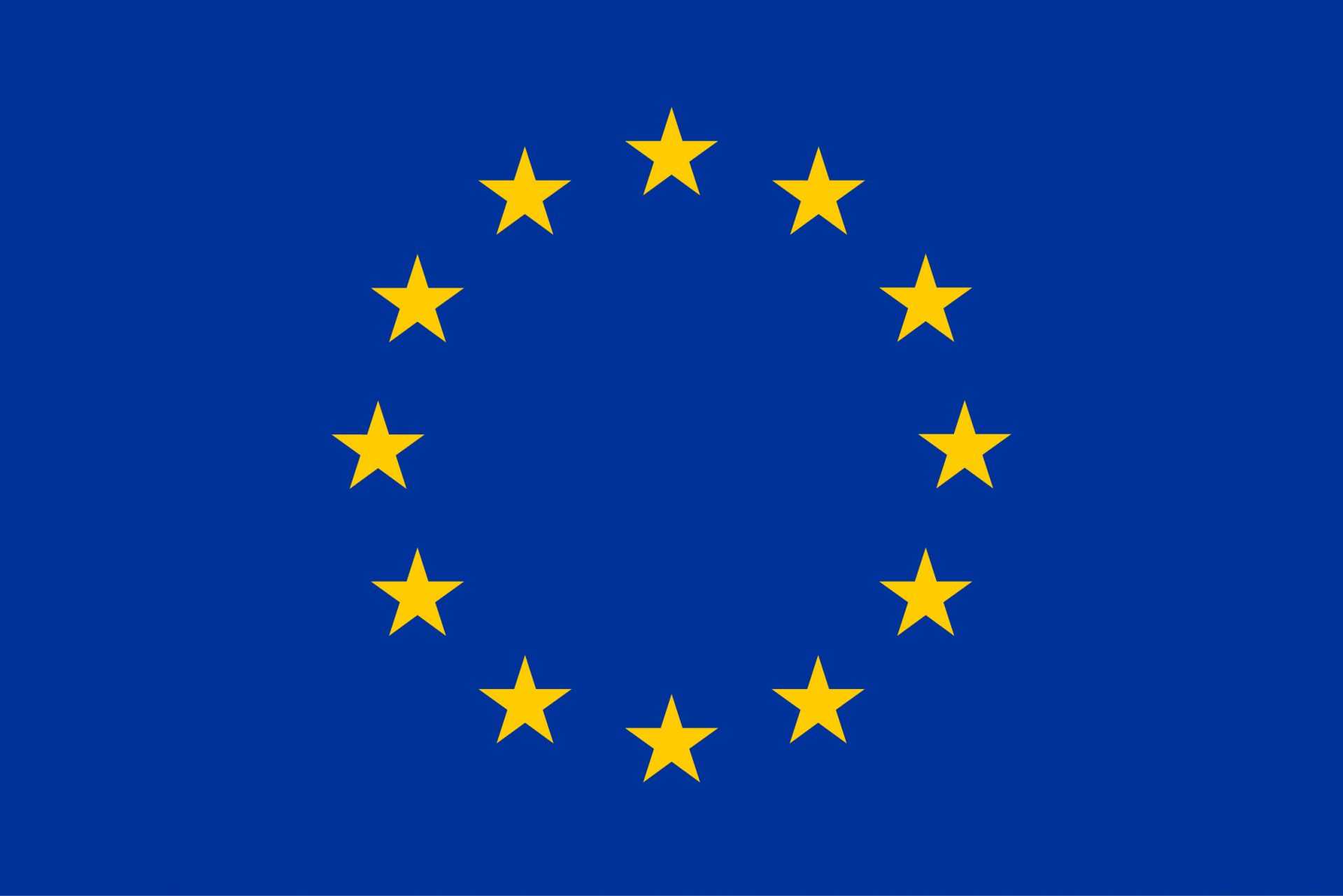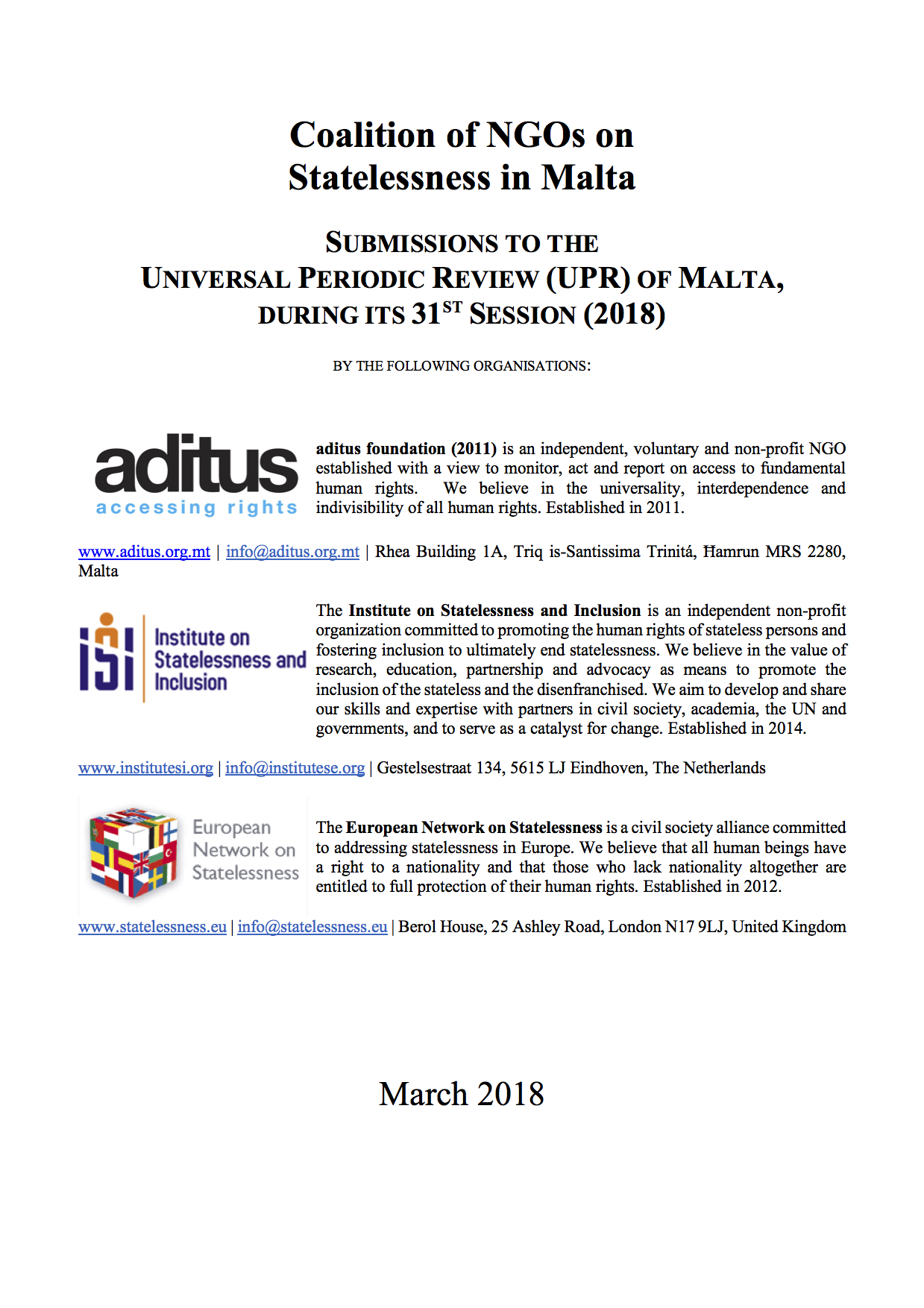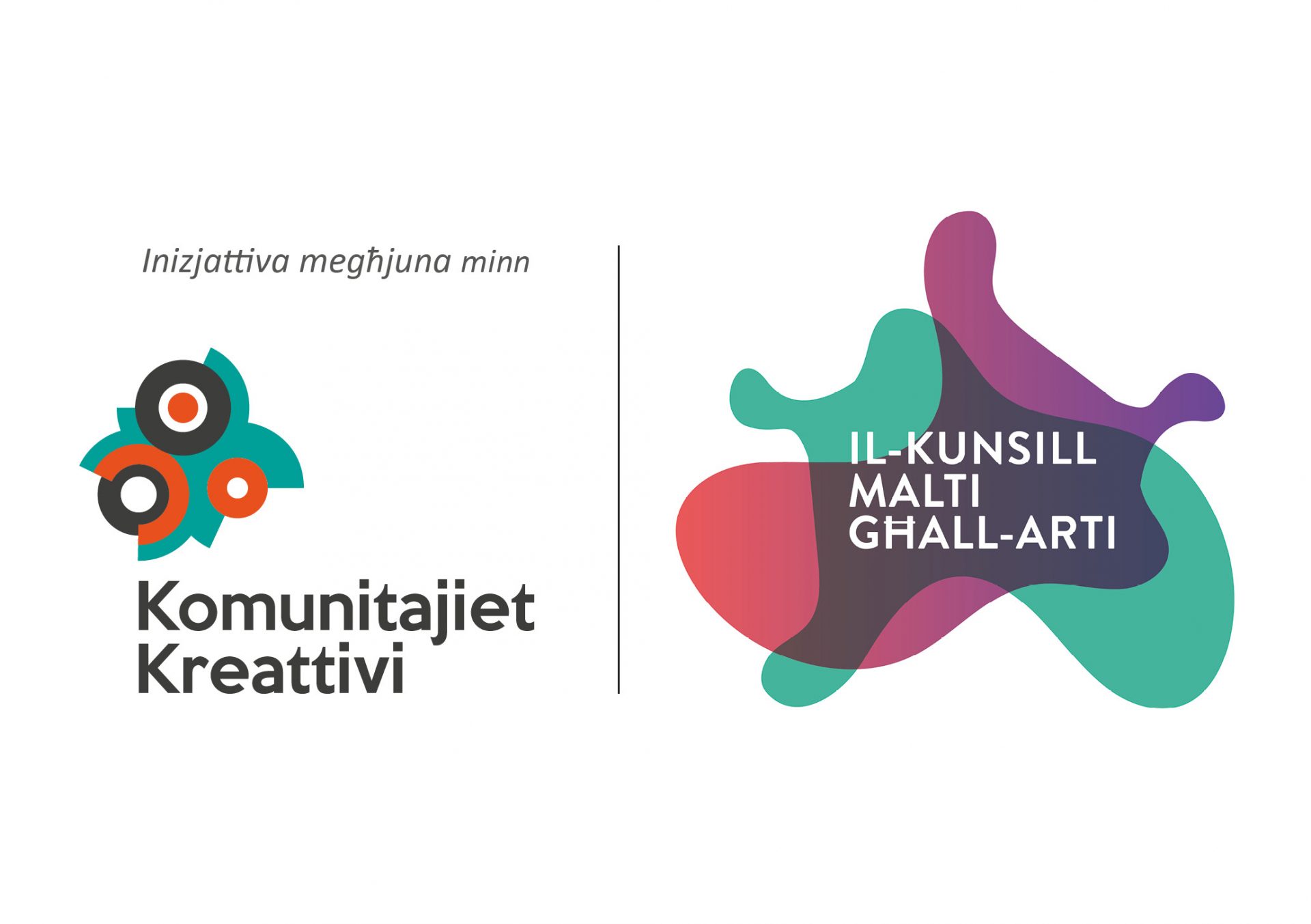A collection of Maltese asylum case-law
The Compendium of Asylum Jurisprudence, Law & Policy – A Collection of Maltese Asylum case-law gathers the large collection of case-law decided by the Maltese courts and the European Court of Human Rights with respect to Malta in the field of asylum.
The Compendium is divided into six chapters. Chapter I on Procedural Issues takes into account the vast number of judgements that examined the nature of judicial review and constitutional review in the field of asylum and immigration, and the implications of challenging decisions by the Refugee Appeals Board and the Immigration Appeals Board.
Chapter II focuses on jurisprudence relating to asylum determination claims and highlights the restraints that our Courts have in reviewing decisions relating to asylum on the merits.
The examination on the grounds for detention, the remedies available at law for challenging detention and judgments on detention in the light of claims of breaches of fundamental right are tackled in Chapter III.
Chapter IV explores the importance of access to the territory and surrounding issues, such as border control and the principle of non-refoulement, and related judgements. The age assessment procedure is examined in Chapter V.
Finally, Chapter VI explores the content of and access to associated rights of beneficiaries of international protection in the light of the available Court jurisprudence and Ombudsman decisions.
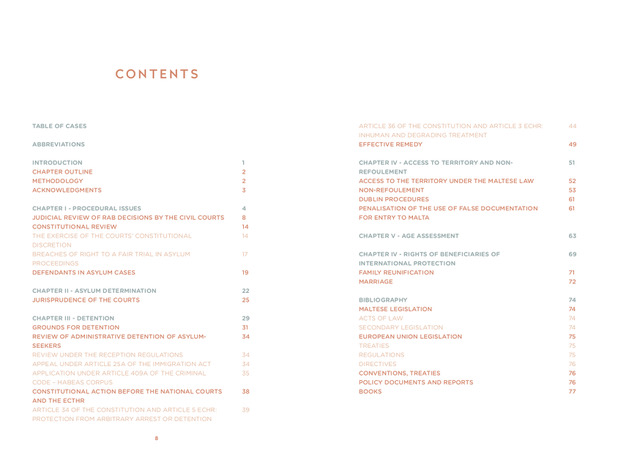
Compendium of Asylum Jurisprudence, Law and Policy – Author: Carla Camilleri; Reviewed by: Neil Falzon
The Compendium is free of charge, however the costs of postage would need to be covered by anyone interested in receiving a copy by post. Charges for postage for both overseas and local postage for this publication is €3.50. Payment can be made via a number of options: click here for information on payment.
It is important to indicate your name and include the word “Compendium” in the narrative of your transaction. Please email: carlacamilleri@aditus.org.mt for more information.
The Compendium can also be accessed online here.
Ultimately, we hope that the Compendium strengthens the quality of those judicial decisions that determine the extent to which refugees are able to effectively enjoy their fundamental human rights.
We hope that readers of this Compendium will take from it the wealth of knowledge gathered in its pages, and also appreciate the struggles refugees face as they seek to secure their human dignity in Malta.
Dr. Neil Falzon
Director aditus foundation
This publication has been funded through the Small Initiatives Support Scheme managed by the Malta Council for the Voluntary Sector.
![]()
